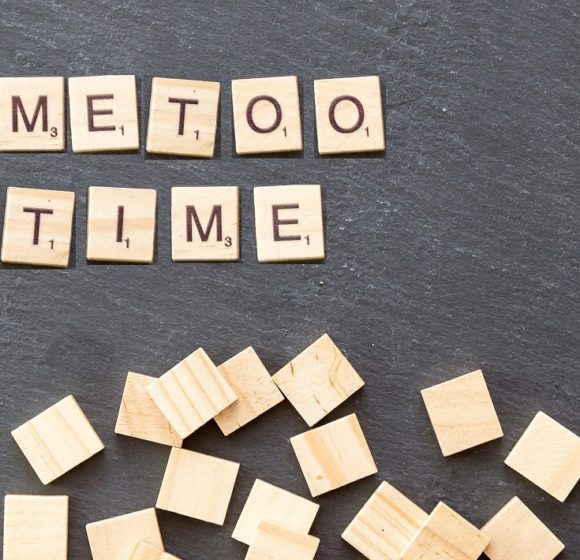“No, please, don’t.” That is what I used to say gently and politely to unwanted passes from men when I was a young single woman. After all, I did not want to hurt their feelings! Women are taught to be nice even when men aren’t. Being pretty, soft and vulnerable are still viewed by far too many as more valuable assets than being smart, direct, and self-determined.
At the time I was in college I knew of no recourse for such experiences. Now Title IX regulations governing the handling of sexual misconduct charges on college campuses are supposed to protect young women, but Betsy DeVos, Secretary of Education, has ended Obama era evidentiary standards and this will make it harder to prove sexual assault. Discussion of these changes has focused overwhelmingly on students, which makes sense since they are most likely to come into sexual contact with each other.
The recent media attention on the grotesque abuses by powerful sexual harassers like Harvey Weinstein, however, should remind us to include university faculty and administrators in our Title IX concerns.
When I was a graduate student one of my advisors became known among his many female students for hitting on them. He was a lunger and a grabber—the kind who out of the blue pulls you into a close embrace and tries to kiss you. We female students used to joke about this behavior and plot how to avoid it—for example, how to drop him off at his home while there was still more than one other person in the car. Even though these grabs seemed out of the blue, we obviously intuitively recognized that he was not going to do this grabbing when other people we knew were around, just like Harvey Weinstein didn’t.
He did not start lunging at and grabbing me until I was at the dissertation stage of my Ph.D. degree, and had moved away from my graduate university. This man had literally become the only person in my department in my area of specialization, which meant it would have been very difficult to remove him from my dissertation committee if I wanted to complete my Ph.D. Twice saying goodbye at train stations he went for an intimate clinch. On the third occasion, he had walked me to my room after a conference party and quickly moved into the room, slammed the door shut, and clung to me. I politely murmured, “No please don’t”, and pushed him away. I really thought I was in trouble because we were very much alone, but he backed off. One of his graduate students did get angry with him when he grabbed her. How did this play out? She believes he repeatedly rejected her dissertation because of her anger, and this, in turn, caused her to be unable to get an academic job.
As a faculty member in various universities, I acted on behalf of younger women in a way I was not able to act for myself.
If a female student came to me with a sexual harassment complaint about a faculty member, I took action. In the most dramatic case, a faculty member was accused of stalking an undergraduate, following her around, including waiting for her when she was hiding from him in a restroom. She showed a letter to the department chair indicating that this man offered to give her a good grade if she would let him get close to her and touch her hair. The chair of the department asked for my input in dealing with the problem. This complaint never reached the legal system, even though there was a law against stalking in the state in question. It was handled internally by university administrators, which is typical in such cases. Because the professor did not complete the therapy that was a condition of his return to teaching, he left the university. There was a non-disclosure agreement associated with this professor’s departure and the gossip was that the university had offered to give him half of his then-salary for as long as he did not teach elsewhere. This can be understood as the university’s effort to avoid simply passing him on to another university in the way the Catholic Church passed child molesting priests from parish to parish. This rewarding of money to the perpetrator rather than to the victim is also reminiscent of the Golden Parachutes that CEOs of corporations get when they are fired. These comparisons suggest significant similarities across very different institutional domains in the sexual harassment dilemmas confronted in them.
Clearly, given the recommended lowering of standards of evidence in campus disciplinary hearings on sexual assaults under Title IX, there is still a great deal to be done to protect students in universities, not only from each other but also from those in positions of authority. It behooves us all to speak out and support others who confront their attackers.
-Susan U. Philips
Professor Emerita of Anthropology, University of Arizona
















Thanks to Susan U. Philips for reminding us of the figures who use their powerful positions to engage in sexual harassment. As she argues, much more attention should be devoted to identifying the tricks authority figures employ to license their abuses. Moreover, at times the individual figure engaging in harassment and denying the victim advancement or a voice is supported in his claim that the “uncooperative” target is inferior, undeserving, lying, and other negative labels, by others in authority who support his claim in spite of contrary evidence. To identify and disprove those false claims requires the work of other authorities who can “manage” a counter claim.